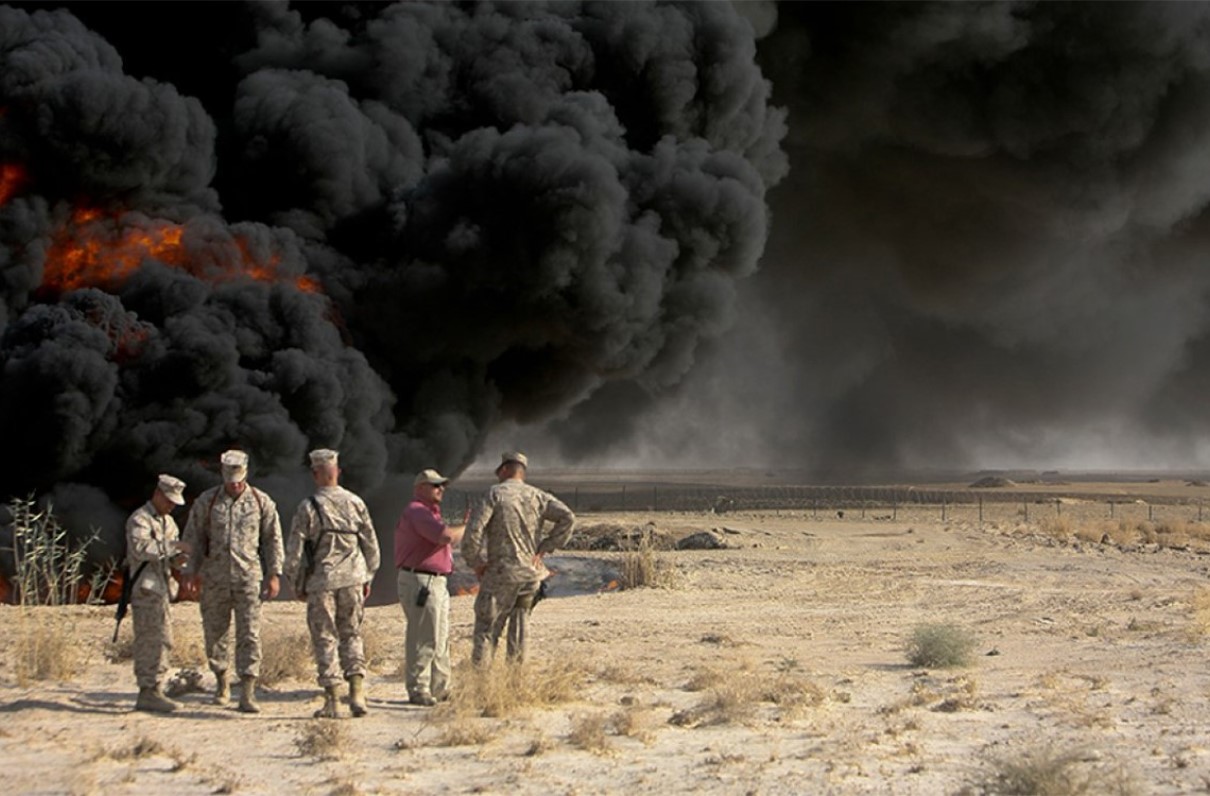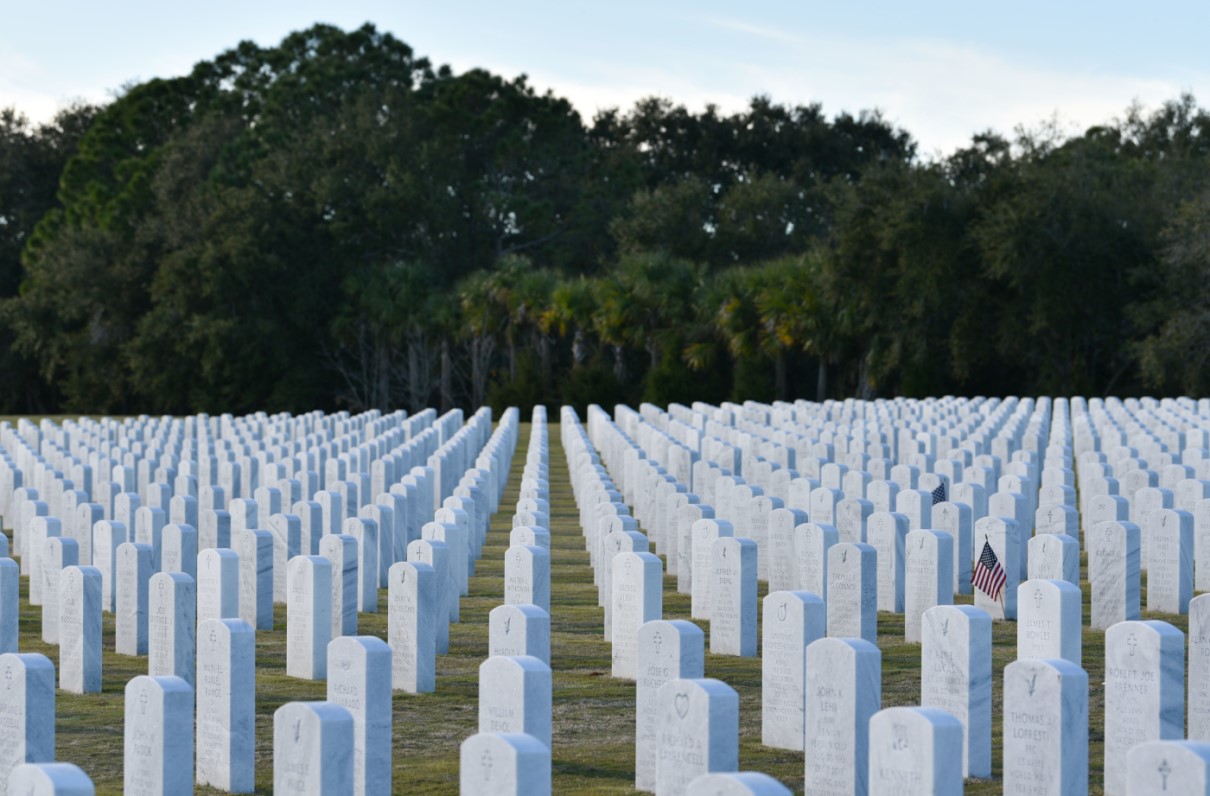Editor’s note: This article by Patricia Kime originally appeared on Military.com, a leading source of news for the military and veteran community.
VA officials announced Monday that it has added nine rare respiratory cancers to the list of illnesses considered to be related to exposure to burn pits and other particles in the air encountered overseas, a designation that will expedite affected veterans' access to health care and benefits.
The move follows a White House announcement last November that it planned to establish presumption for the illnesses that have become more common among veterans in the past 32 years, with advocates and health experts zeroing in on burn pits used to dispose of trash and industrial waste in Iraq and Afghanistan as a likely culprit.
The new additions are rare, affecting roughly six per every 100,000 Americans, and the expedited benefits are being offered to affected veterans who served in the Persian Gulf since Aug. 2, 1990, as well as Afghanistan, Syria, Djibouti or Uzbekistan on or after Sept. 19, 2001.
VA Secretary Denis McDonough told reporters Monday that the move, published Tuesday in the Federal Register, will "keep President Biden's promise ... in ensuring that veterans who suffer from those conditions and their survivors will get the benefits and care they've earned."
"If you suffer from any of those conditions ... you may be eligible for disability benefits without having to prove causality between your service and your condition," McDonough said.
The rare respiratory cancers that now are eligible for health care and expedited disability claims include:
- Squamous cell carcinoma of the larynx
- Squamous cell carcinoma of the trachea
- Adenocarcinoma of the trachea
- Salivary gland-type tumors of the trachea
- Adenosquamous carcinoma of the lung
- Large cell carcinoma of the lung
- Salivary gland-type tumors of the lung
- Sarcomatoid carcinoma of the lung
- Typical and atypical carcinoid of the lung
[RELATED: Veterans Groups Gather to Support Toxic Exposure Reform Bill]
The illnesses join three already considered to be linked to burn pits and overseas duty if they develop within 10 years of deployment -- asthma, rhinitis and sinusitis.
The presumptive designation allows veterans to apply for disability benefits without having to provide proof that their disease was caused by an exposure or injury when they served in the military.
VA officials said Monday that the change will affect roughly 100 veterans who previously filed claims for these illnesses and were denied as well as an unknown number of veterans who may file claims for these conditions in the future.
As of last month, the department had processed 16,500 claims related to the first three new presumptive conditions for a total of $36 million in benefits.
The Biden administration also has pledged to commit more research to understanding the connection between the burn pits used in Iraq and Afghanistan and elsewhere and is considering whether to designate another lung disease, known as constrictive bronchiolitis, as a presumptive condition.
[RELATED: How VA’s Budget Matches Up With MOAA’s Priority List]
The initiatives come as Congress weighs legislation that would expand the list of burn-pit related conditions to include additional cancers and respiratory illnesses and provide benefits to more than a million new veterans who served overseas in certain locations since Aug. 2, 1990.
The House passed the Honoring Our Promise to Address Comprehensive Toxics Act in March in a 256-174 vote. The legislation would expand VA health care access to more post 9/11 veterans and calls for improving the federal response to veterans sickened as the result of drinking water contamination at Camp Lejeune, North Carolina, as well as helping veterans who developed illnesses in cleanup operations across the globe.
The Senate has approved a $1 billion bill that would extend VA health care to more veterans, creating a one-year enrollment period for VA medical care for post 9/11 combat veterans who served since 1998 and never enrolled, and expanding the enrollment period from five years to 10.
While the White House has not identified by name which piece of legislation it supports, President Joe Biden released a statement Monday urging Congress "to pass bipartisan legislation to comprehensively address toxic exposures and further deliver the vital benefits our veterans have earned."
"We can and must do more to address the harms that come from hazardous exposures, which have gone unaddressed for far too long," Biden said in the statement.
More Members Mean More Influence Over Our Health Care
Get involved and make sure your interests are addressed. Because the larger our voice is, the greater our impact will be.


